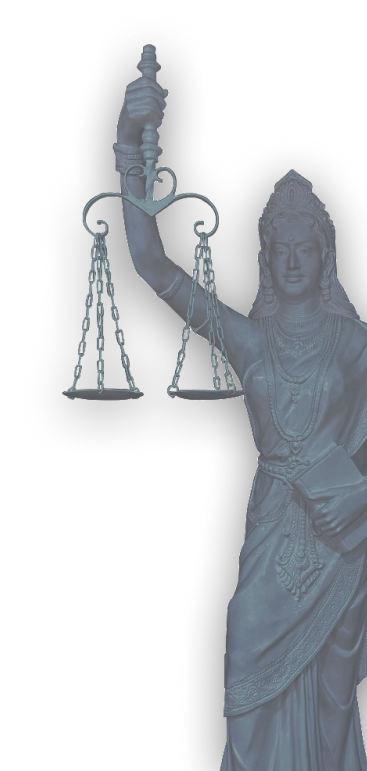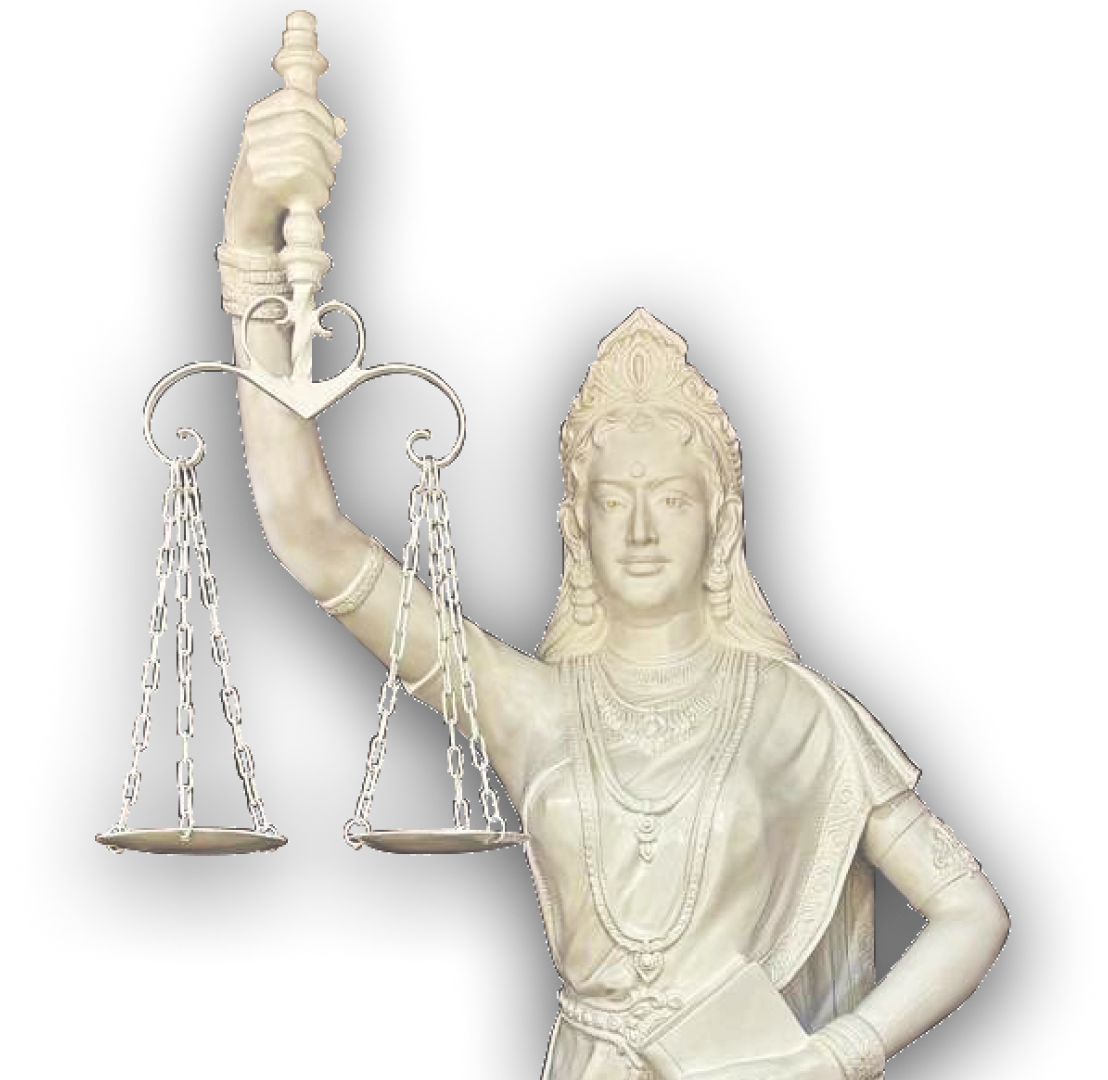
LEXITS Overview
The conventional dispute resolution system that can prove costly, slow, contentious and unpredictable.
The Centre will assist clients in investigating the pros and cons of litigation versus negotiation-mediation-arbitration through the process of legal disputes management conceptualised by the centre.
Legal Option Heading
1 Negotiation
This is a communication exchange between parties, a basic means of settling legal disputes. Often parties engage directly or may engage a legal expert. A successful negotiation indicates that the needs of both sides were considered, which can become a contract and be enforceable.
The Centre will assist parties in resolving their legal disputes through negotiation; it has established a state- of-the-art Online Negotiation Centre comprising of a panel of subject matter experts.
2 Alternative Dispute Resolution
This provides a viable alternative to costly or contentious litigation. The Centre possesses the legal expertise to assist parties in this area through its online ADR system.
3 Mediation
In this first step of ADR, the mediator manages the process and helps facilitate a negotiation through communication and reconciliation between parties. The mediator does not make a decision or force an agreement; the parties are responsible for negotiating a settlement or agreement.
4 Arbitration
This typically out-of-court settlement comprises submission of a disputed legal matter to an impartial person (an arbitrator). The arbitrator controls the process, listens to both sides and makes a decision (binding if the parties have agreed to be bound by the decision with limited appeal scope). In non-binding arbitration, a decision may become final if all parties agree to accept, or may help in case evaluation and become a starting point for settlement.
The Centre will provide cost-effective conflict management and have proven success in alternative dispute resolution (ADR,) including both mediation and arbitration (to be confirmed). The Centre will advise the parties in resolving their legal disputes through Arbitration. The Centre has established state of the art Online Arbitration Centre with a panel of reputed Arbitrators.
5 Litigation
Litigation is the use of the courts and civil & criminal justice system to resolve legal disputes and is often a dispute resolution strategy of last resort. Litigation can be used to compel opposing parties to participate in the solution. During litigation, a judge makes the final decisions for the parties unless they settle before trial. Settlement can happen at any point during the litigation process. The first step to litigation is filing a lawsuit in a court. There are specific rules of procedure, discovery and presentation of evidence which needs to be followed. There can be a number of court appearances by you and/or your lawyer. If the parties cannot agree how to settle the case, the judge will decide the dispute for you through a trial. A trial is a formal judicial proceeding, allowing full examination and determination of all the issues between the parties with each side presenting its case to the judge. The judge then applies the facts of the case to the applicable laws and renders a decision. That verdict or decision can conclude the litigation process and be enforceable; however, if appropriate, the adversely affected parties can appeal the decision to a higher court.
The Centre will provide its expertise of Litigation Disputes Management Online to the parties to resolve their disputes through Litigation in the most effective manner with the objective of minimizing the cost, time and efforts. The Centre’s panel of litigation experts advise the Centre for expeditious, cost-effective and dynamic disputes resolution.



